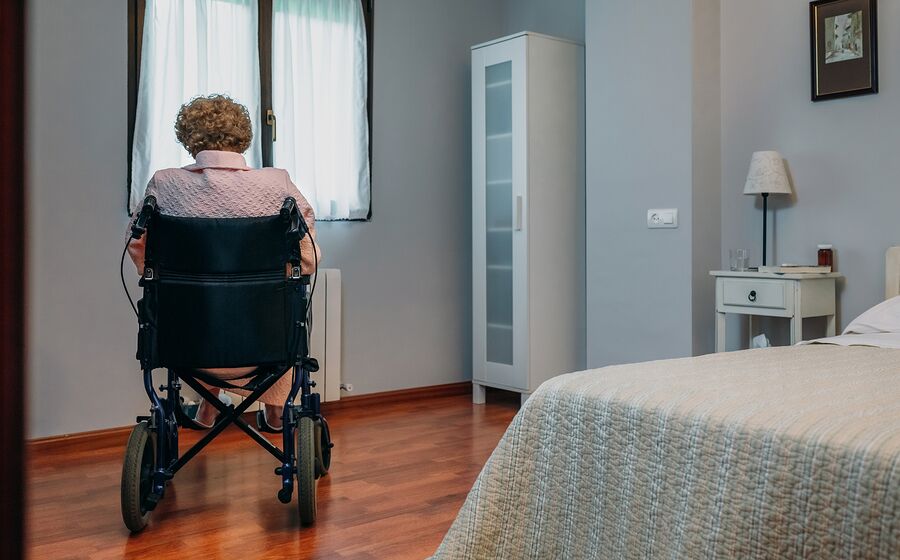How Can I Recognize Depression in My Aging Parent?
Unlike the common misconception, depression is much more than feeling sad. Every adult experiences periods of being depressed, but the clinical diagnosis of depression goes much deeper. Elderly adults are at a high risk of developing depression yet remaining undiagnosed because they and their family caregivers may not recognize the symptoms.

Elderly Care in Riverhead NY: Recognize Senior Depression
Depression can certainly cause an elderly person to approach life in such a way that it affects their physical and mental health. In their later years, many elderly adults rely on family members and senior care providers to help them in their daily life. Even with help, seniors are still vulnerable to developing depression. Family caregivers and senior care providers need to learn how to recognize depression in their aging relatives, so they can step in and find them the help they deserve.
What is Depression in Seniors Like?
Elderly adults experience a lot of life’s ups and downs that can seriously affect them emotionally. Some of the more common and impactful events include retirement, family members living far away, isolation and loneliness, poor health developments, the death of a spouse, increased financial worries, and fears about their own mortality.
The symptoms of depression in elderly adults can vary, so it’s important for family caregivers and senior care providers to be on the lookout. Common symptoms include:
- Lack of energy
- Inability to concentrate or focus
- Mysterious aches and pains
- Feelings of inadequacy or helplessness
- Guilty feelings associated with past actions
- Too much or not enough sleep
- Chronic sadness and even crying
- Thoughts of suicide
Depression can appear differently in seniors than in younger adults, and some symptoms of depression mimic other age-related actions and feelings.
Either way, family caregivers should be very aware and learn how to recognize possible depression. If a senior care provider notices some of the symptoms, they should let a family caregiver know right away.
The treatment of depression in elderly adults begins with a visit to the doctor to ensure there is no other medical reason for the symptoms. The doctor will usually refer the elderly patient to a therapist if they suspect depression. The therapist uses a combination of talk therapy and medication to work with elderly adults on their depression. In time, many seniors leave their depression behind, especially when they have a good support group of family members, friends, and senior care providers.
The therapist will also have guidance for family caregivers and even senior care providers on what they can do to help the elderly adult. A healthy diet, regular exercise, restful sleep, meaningful social interaction and more can really make a difference in an elderly person’s recovery from depression. When managed by a therapist and a doctor, elderly depression is quite treatable. However, family caregivers often need to take that first step in getting their aging loved one the help they really need.
If you or an aging loved one is considering hiring Elderly Care in Riverhead, NY, call the caring staff at Artful Home Care today at 631-685-5001.
- What Can Seniors Do to Improve Their Social Health? - April 21, 2025
- The Hidden Safety Benefits of an Organized Home - April 3, 2025
- Artful Home Care Presents Planning Your Legacy: An End-of-Life Strategy Session - March 27, 2025

